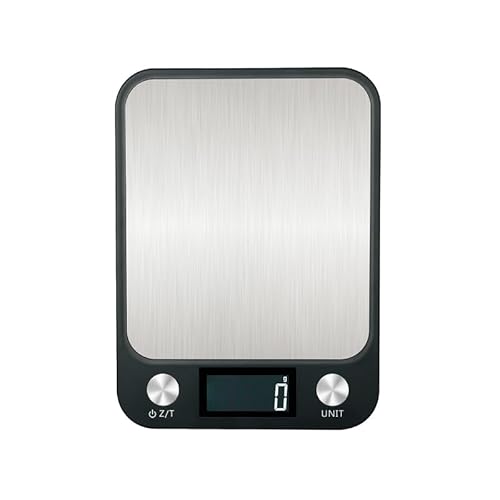Thank you so much for this info. I've been meditating on making laundry soap for myself and one of my daughters who loves things homemade.
That is wonderful, @Ladka! I mix my homemade laundry powder in these proportions:
1 part homemade laundry soap, dried and grated as small as possible
2 parts borax (sodium tetraborate)
2 parts washing soda (sodium carbonate)
Optional: ½ part sodium carbonate peroxyhydrate - this is an optical brightener with hydrogen peroxide. Not necessary to get the clothes clean, but I find it helps with stain removal and with keeping the whites whiter.
I wear a dust mask while mixing everything together. I only need 1 T of the mixture to wash a small/medium load, and 2 T for a large or very soiled load.
Like most soap-based laundry powders, it performs much better in warm or hot water. If you prefer to wash in cold water, you can dissolve the powder in a cup of hot water, and then pour that into your washer. If you have hard water, you should include a chelator such as citric acid, EDTA, or sodium gluconate in the soap. Otherwise, the soap won't rinse out well, and your clothes will start to look dingy.
Hope that helps, and let us know how your laundry soap project turns out!










































